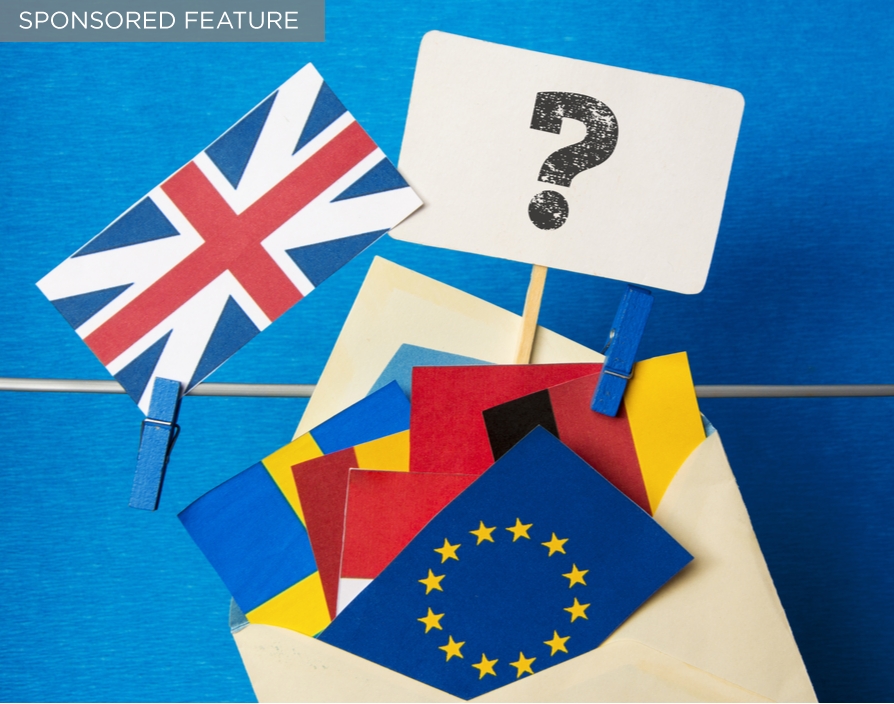In the event of a hard Brexit there’s at least one certainty: new customs declarations and checks will be required to meet the EU’s trade criteria. But we’re unsure how forwarders and logistics companies are preparing to handle the sheer volume of documentation.
Currently, around 141,000 traders spend time submitting declarations through Britain’s Customs Handling of Import and Export Freight (CHIEF) system, according to the UK Parliament. But if no deal is struck by Thursday October 31, this will nearly double to an estimated 273,000, representing about 255 million declarations each year.
It goes without saying moving goods in and out the EU will be become much more stringent. The Port of Dover, for instance, already processes up to 10,000 freight vehicles a day through the Channel Tunnel. But with the likes of duty charges and time-consuming declarations, the port warned queues could build up to the extent of trucks waiting with rotting food.
It won’t be a pretty sight, so to avoid the increasingly likely worst-case scenario companies must start educating themselves on these procedures to slip past the chaos.
Commodity codes
Export Unlocked, the export support service, advises reading up on commodity codes. These describe your products for officials and tell you what duties may apply when exporting and importing different goods. It’s important you check your company is using the correct ones now to avoid delays and repercussions.
Transitional Simplified Procedures
Your next port of call as an importing company should be to understand Transitional Simplified Procedures (TSP), given those importing from the EU must apply for them. The government introduced this system precisely to make European imports easier, with TSP goods being allowed to arrive in Britain without needing full customs declarations immediately. Instead, they can be unloaded straight away, with duties being collected by HMRC on the 15th of every month and importers needing to submit all the details by the 4th.
Rules of origin
A final area Export Unlocked insists taking a closer look at are rules of origin. With the EU’s oversight diminished in a potential post-Brexit world, UK exporters must prove to the Union the products they’re selling are actually from or had sufficient work done in Britain – normally between 60% and 40%. Companies must check how they will measure and prove such origins in the future if they hope to keep doing business with the EU.
It makes sense to broaden your customer base and explore new markets – but where do you start? How do you know there’s even an overseas market for your product? Then there are the difficulties of time differences, languages and tariffs. But by sorting out these crucial steps, it’ll all start falling into place. ![]()
Share via:








































